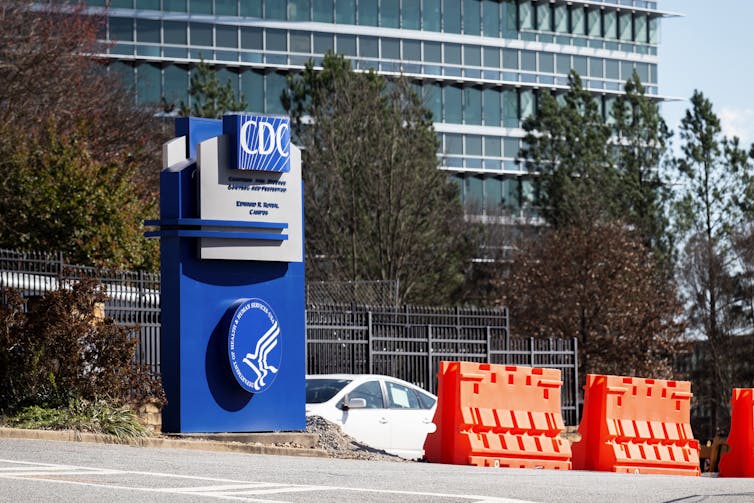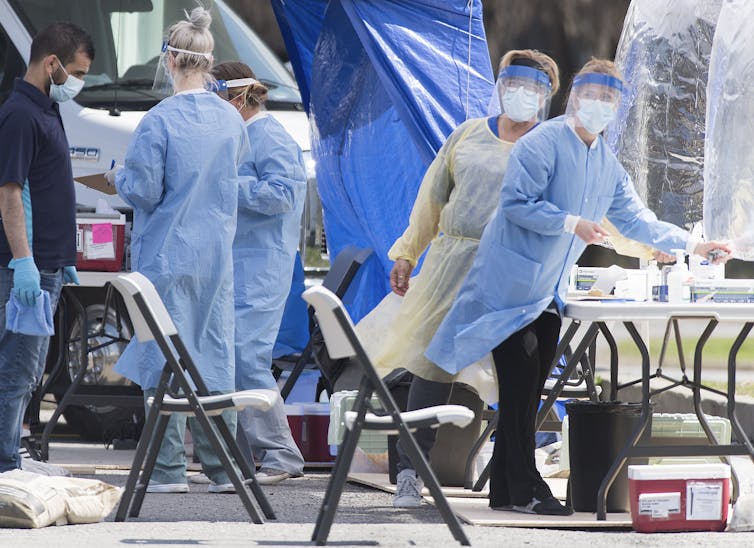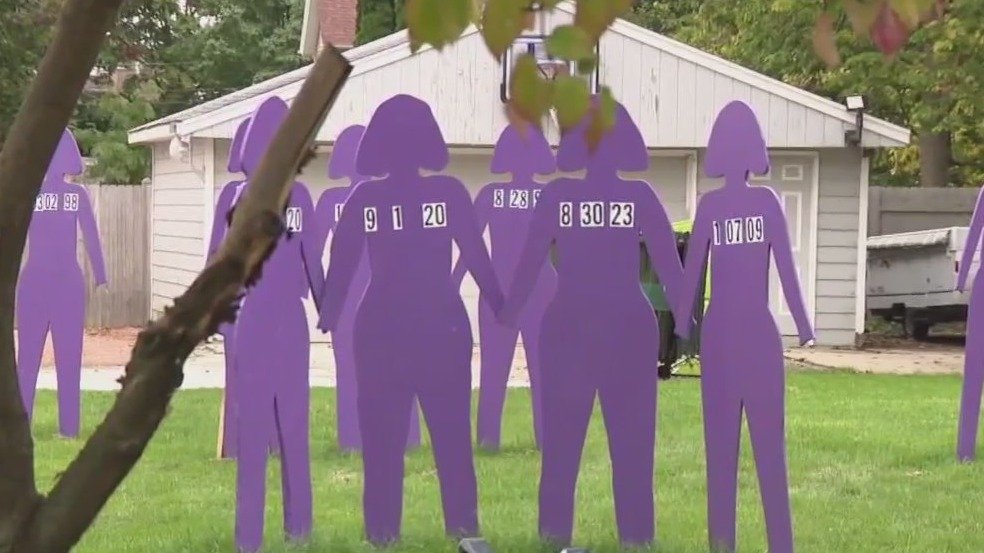Should Donald Trump be re-elected on Tuesday, the U.S. Centers for Disease Control and Prevention (CDC) is likely facing a major shake-up. Many Republicans were frustrated by the CDC’s performance during the pandemic. Project 2025, authored by leading Republicans with ties to Trump, describes the CDC as incompetent and arrogant.
In fact, no matter who wins the United States presidential election on Nov. 5, the Trump administration’s response to the COVID-19 pandemic is a cautionary tale for Canada.
While there is significant and justifiable criticism to be leveled at Trump about his administration’s handling of the pandemic in the early stages, as former chief medical advisor to the president, Dr. Anthony Fauci noted to Congress in 2024, the U.S. health system is not designed for an effective co-ordinated response to a health crisis.
Trump and the CDC
There was clearly a disconnect between Trump and the CDC during the pandemic. For weeks in early 2020, President Trump had described the threat as low risk; he said that the situation was under control in the U.S. and that only a few cases had been reported.

(AP Photo/ Ron Harris, File)
While the president was on a return flight from India, Dr. Nancy Messonnier, director of the National Center for Immunization and Respiratory Diseases at the CDC, announced that the situation in the U.S. was about to change quickly and severely. Officials say that Trump was very upset by the announcement and concerned about potential lockdowns causing panic and disruption to financial markets.
Throughout the early stages of the pandemic, the actions of the CDC sparked a high degree of politicization. The Trump administration was criticized for interfering with the CDC’s operations and censoring internal experts. Disagreements between federal and state political leaders and public health experts led to inconsistencies in public health messaging, reporting, enforcement of directives and timing of public health restrictions.
The CDC itself was not above criticism. The agency’s infrastructure had been neglected for decades, and years of declining funding resulted in insufficient preparations for a possible pandemic. The CDC had also been criticized for being too insular and academic.
The CDC made key mistakes, particularly regarding surveillance and testing. It was criticized for underestimating the threat of the virus and overestimating its ability to design, manufacture and distribute a test quickly.
Rapid responses are crucial during such events, and the early stages of the U.S.’s pandemic response provides salient lessons for Canada, both about its relationship with the U.S. and to global threats more generally.
Pre-event planning is necessary, but audits and world rankings of emergency preparedness can be unreliable. In 2019, Johns Hopkins University ranked the U.S. as the best prepared country in the world to address a health crisis. The pandemic demonstrated that it was not.
Canada needs to establish a strong and independent capacity to assess health threats. Trump’s early handling of the pandemic has been widely criticized, yet the Canadian government’s speaking points in the early stages were the same: the virus was low risk. It was only when the CDC and the World Health Organization increased its threat assessment that Canada followed suit.
Lessons from the pandemic

THE CANADIAN PRESS/Graham Hughes
Borders can re-assert themselves. Despite decades of global political and economic agreements that saw a freer flow of goods, services and people, many western governments were unable or unwilling to assume the risks associated with letting those from other jurisdictions cross their borders, and as such, imposed strict rules to prevent non-citizens from entering. This aggressive stance was ironic and unforeseen, as during previous public health crises such as the H1N1 flu episode in 2009-10, many governments underscored that closing borders had little impact on disease spread.
The weaknesses of supply chains were highlighted as the global economy shut down in March 2020. Canada’s Minister of Finance Chrystia Freeland described competition for medical supplies and personal protective equipment (PPE) as resembling the “wild west.” Shipment delays, order shortages, trade restrictions and defective or contaminated items prevented governments from effectively procuring supplies.
Global manufacturing capabilities for vaccines were below what was needed, with only about a dozen countries able to produce COVID-19 vaccines early on, including the U.S. More than any other country, the U.S. enabled the rapid development and production of the vaccine, highlighting Canada’s considerable dependence on the U.S. Canada has since funded vaccine manufacturing initiatives, but the investments have produced little to-date.
The adage “When the U.S. sneezes, the world catches a cold” applies nowhere more than in Canada. Should Trump be re-elected, the CDC will likely exist on a smaller budget with a reduced role internationally. This will increase Canadian vulnerabilities.
Whatever the criticisms, the CDC has more capacity and influence than any other health agency in the world. If Canada cannot depend on strong and co-ordinated response from the U.S. administration during a health crisis, Canada has to be better prepared to adapt. Lessons from the pandemic provide a powerful to-do list.


















